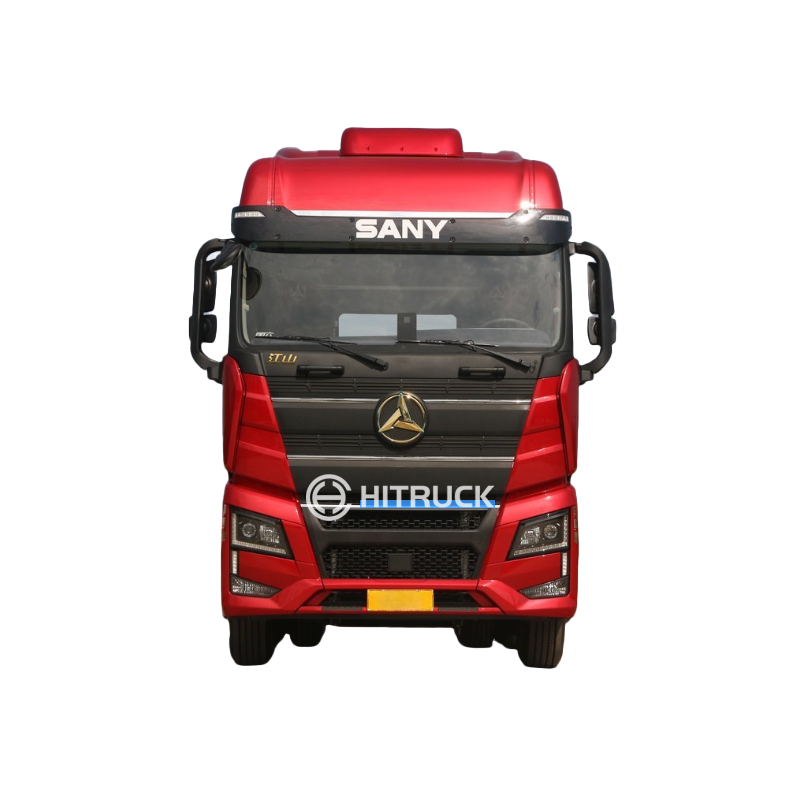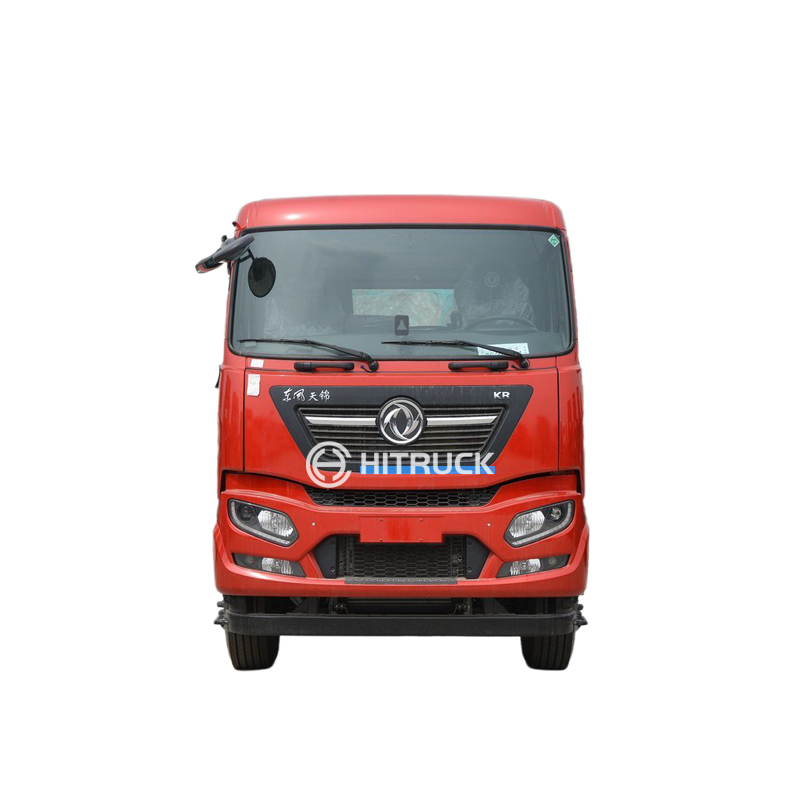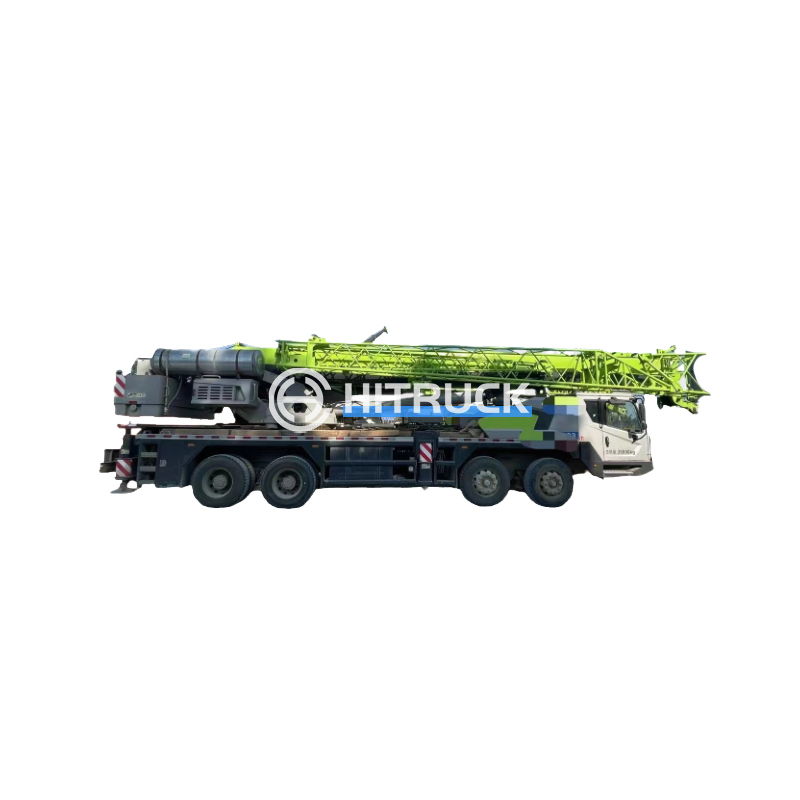This article explores the fascinating relationship between cars and fire trucks, examining their design, functionality, and the technology that makes them essential vehicles in our society. We'll delve into the engineering marvels behind both, highlighting key differences and surprising similarities. Discover how these seemingly disparate vehicles share surprising common ground and how advancements in one area influence the other.
The journey from horse-drawn carriages to the sophisticated automobiles we know today is a testament to human ingenuity. Early cars were simple, unreliable machines, but advancements in internal combustion engines, materials science, and manufacturing processes transformed them into the complex, high-performance vehicles we see on roads today. This evolution mirrors the progress made in the development of fire trucks, albeit with different priorities.
Early firefighting relied heavily on manpower and rudimentary tools. The introduction of horse-drawn pumpers marked a significant step forward, enabling faster response times and improved water delivery. The subsequent adoption of internal combustion engines revolutionized firefighting, allowing fire trucks to reach emergencies quicker and carry heavier loads of equipment. Modern fire trucks are sophisticated machines incorporating advanced technology for pumping, communication, and safety.
Both cars and fire trucks rely heavily on internal combustion engines, albeit with significant differences in power and performance requirements. Fire trucks often utilize larger, more powerful engines to handle the demands of heavy loads and emergency situations. Advancements in engine technology, such as fuel injection and emission control systems, benefit both types of vehicles, leading to improved efficiency and reduced environmental impact. However, the specific requirements for reliability and durability differ significantly.
Safety is paramount for both car and fire truck drivers and passengers. Modern cars incorporate a range of safety features, such as airbags, anti-lock brakes, and electronic stability control. Fire trucks often incorporate additional safety features due to their increased weight, size, and the hazardous environments they operate in. These features include enhanced braking systems, specialized lighting, and reinforced safety cages.
A clear distinction lies in size and capacity. Cars are designed for personal transportation, prioritizing passenger comfort and fuel efficiency. Fire trucks, in contrast, are designed to carry substantial amounts of equipment and water, requiring robust construction and a larger footprint. The difference in size directly impacts their maneuverability and the environments where they can operate effectively. This is a major factor in urban planning and emergency response strategies.
| Feature | Car | Fire Truck |
|---|---|---|
| Size | Compact to Large | Very Large |
| Engine Power | Varies widely | High Power |
| Payload Capacity | Passengers and luggage | Water, equipment, personnel |
Table 1: Comparison of Cars and Fire Trucks
While cars and fire trucks serve distinct purposes, their shared reliance on similar technologies and engineering principles creates a fascinating interrelationship. Advancements in one area often influence developments in the other, driving innovation and improving safety and efficiency for both. Understanding these connections provides valuable insights into the world of automotive engineering and emergency response systems. For high-quality fire trucks and other heavy-duty vehicles, consider visiting Suizhou Haicang Automobile sales Co., LTD to explore their extensive range of vehicles.












